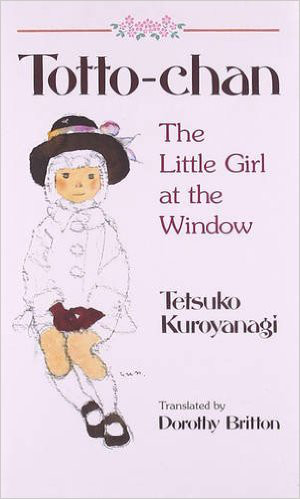Are you disenchanted with our education system that continues to centre around rote memorisation and the pressure to excel, despite decades of discussions on the need for drastic reforms? Educator Sosaku Kobayashi certainly was.
But unlike most of us, who simply resort to redundant banter to vent out our disagreements, he decided to actually do something. ‘Totto-Chan: The Little Girl at the Window’ by Tetsuko Kuroyanagi and translated by Dorothy Britton is a charming Japanese autiobiographical novel that tells the story of one of Kobayashi’s students, who benefitted greatly from his unconventional school in Tokyo during World War II.
Today, Kuroyanagi is a famous television personality and Goodwill Ambassador for Unicef, but she wasn’t always considered this bright. In fact, she was expelled from a public school for being an overtly curious child. Had she not been admitted to Kobayashi’s elementary school, she would have very likely struggled through her formative years.
Luckily for her, Tomoe Gakuen School valued freedom of expression and encouraged the spirit of enquiry in all forms. Picture railroad cars for classrooms, flexible schedules decided by students and practical lessons on long walks. It was the ideal school. The principles of equality and enthusiasm that were not just preached but actually practised, saw children take their first steps towards being responsible adults.
It comes as no surprise that this children’s book, presented through the eyes of Totto-Chan, has found favour with many educators and academicians the world over. It is even compulsory reading material in many schools, and with good reason. The narrative may be simplistic but it’s every bit heartwarming, thought-provoking and not to mention more relevant than ever before.
— The reader is a writer based in Dubai.










